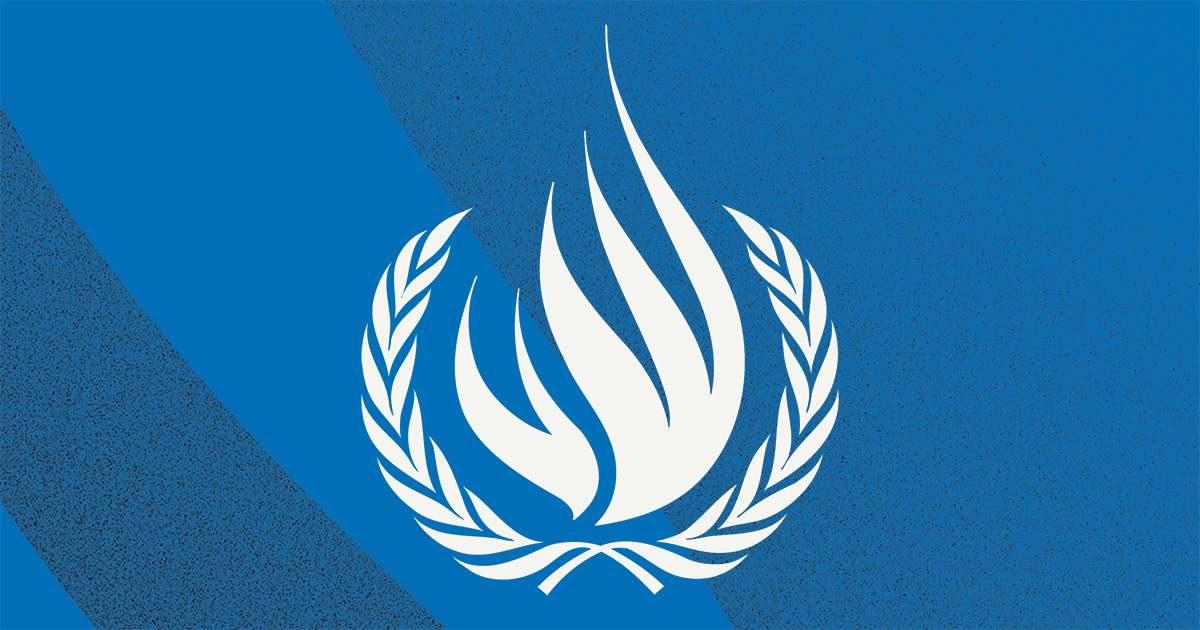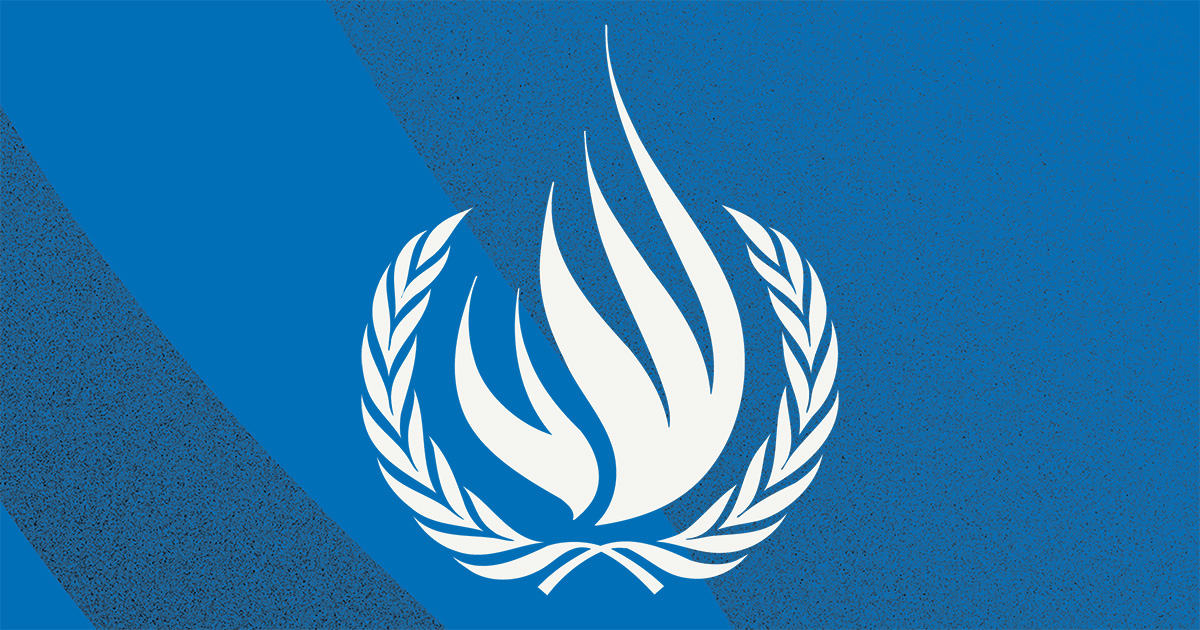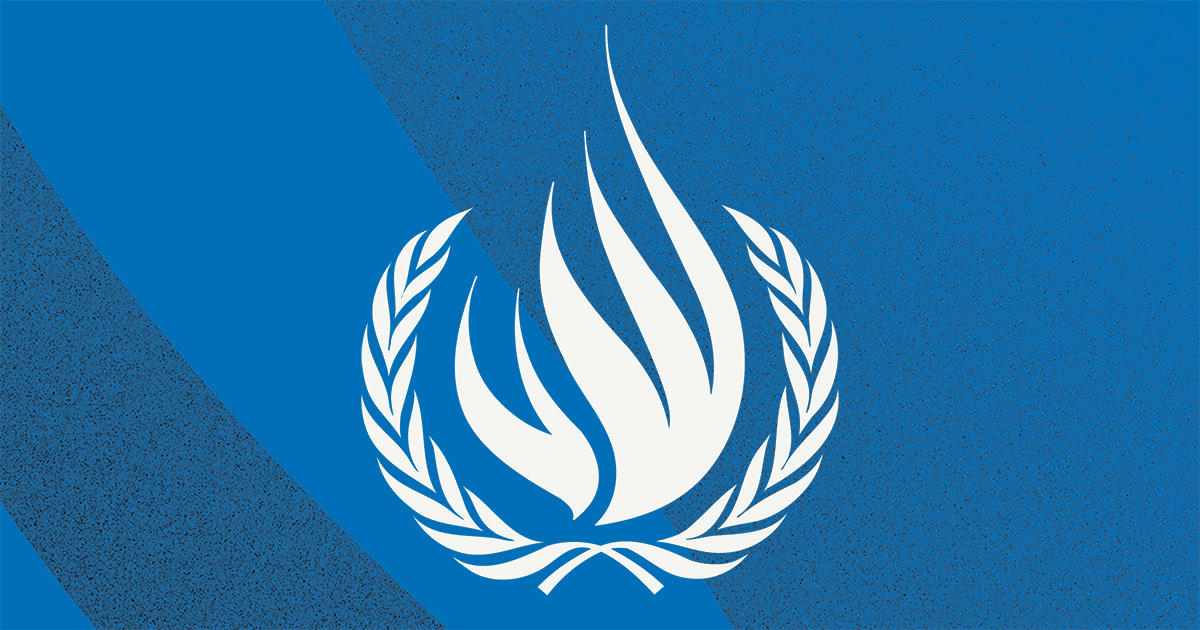
MALÉ (9 December 2021) – The Maldives has made improvements on preventing and ending arbitrary deprivation of liberty, but significant challenges remain in ensuring effective implementation of the existing legal framework, the UN Working Group on Arbitrary Detention said at the end of a visit to the country.
"We recognise and praise efforts of the Maldives to address arbitrary deprivation of liberty through ratification of international human rights instruments, a robust national legal framework and the oversight over places of deprivation of liberty,” the experts said in a statement after their nine-day visit.
“We also commend the Maldives for building on good practices developed during the COVID-19 pandemic, such as the use of virtual court hearings, which we regard as a positive development especially in the context of the geography of the country as an archipelago."
The Working Group observed that the use of prolonged pre-trial detention remained widespread and urged the Government to take prompt steps to address this practice. “It is worrying that it is the first response, despite the requirement under international law that pre-trial detention should only be used as a measure of last resort,” the experts said. Implementing alternatives to detention will alleviate severe overcrowding in penal establishments.
Recalling that deprivation of liberty occurs in a variety of settings, the experts emphasized that the needs of those most vulnerable, including the elderly, children, substance users and people with disabilities under state care must be prioritised.
“Insufficient human resources as well as the lack of expertise pose significant impediments to progress,” the experts said. “The good will of social workers should be matched by effective policies and practices that also address stigma and facilitate community care.”
The Working Group also observed that immigration detention occurs with exceptionally limited safeguards for the rights of migrant workers.
While there is a need to address violent extremism, a balance must be struck between national security and compliance with international human rights, they added.
During the visit, from 29 November to 9 December, the three members of the delegation - Elina Steinerte, Leigh Toomey and Priya Gopalan - met Government officials, judges, lawyers, civil society representatives and other stakeholders. They visited 14 different places of detention, interviewing over 85 people deprived of their liberty.
A final report on the visit will be presented to the Human Rights Council in September 2022.








